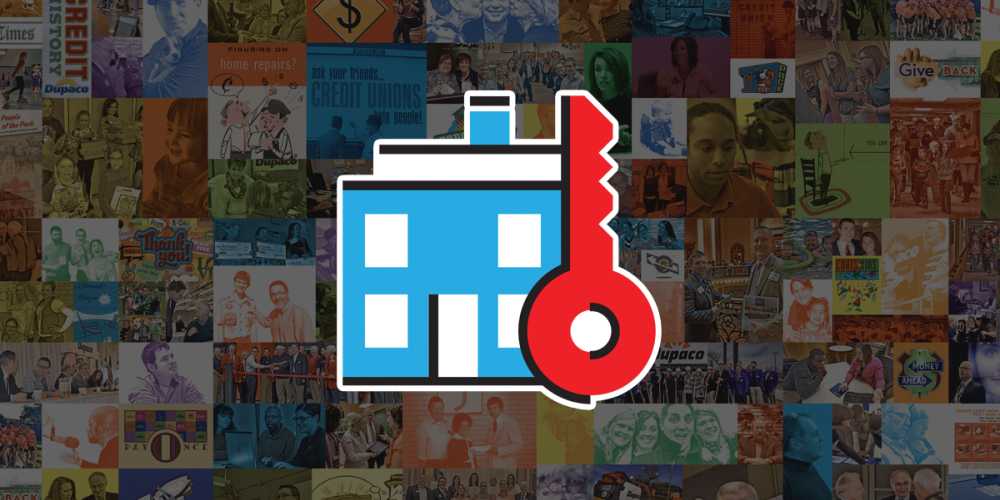
What’s the best way to deal with an escrow shortage?
If you use an escrow account to help manage the costs of homeownership, you might have recently learned that you have an escrow shortage.
An escrow account helps you save for your property taxes and homeowner’s insurance year-round. The expenses are automatically added to your regular mortgage payments, which can help you budget by spreading the costs evenly throughout the year.
An escrow shortage happens when your account doesn’t have enough money to cover your upcoming property taxes or homeowner’s insurance.
What’s going on? And what’s the best way to deal with an escrow shortage? We’ve got answers to help you navigate this budget buster.
Why did my escrow go up?
Two main factors can cause an escrow shortage—and ultimately increase your mortgage payments:
- Your property taxes increased from the previous year.
- Your homeowner’s insurance premiums rose from the last year.
Many insurance carriers have been increasing their rates as the costs of goods, climate changes and other economic factors have made it more expensive to pay insurance claims. In some cases, insurance companies have increased their rates by as much as 50%.
Learn more about why insurance rates are rising >
I can’t afford my escrow shortage—what should I do?
At Dupaco Community Credit Union, you have two options to handle an escrow shortage:
- Pay the escrow shortage back in full with a one-time payment.
- Increase your mortgage payments by spreading the extra costs over the next 12 months.
“Paying it all off at once may be difficult for some people, so paying it off monthly may be more manageable,” said Michelle Lambert, mortgage servicing manager at Dupaco.
Is it smart to pay my escrow shortage in full?
It depends on your financial situation. There are pros and cons to paying it in full.
By paying your escrow shortage in full, you may have peace of mind that you eliminated the shortage and brought your escrow account back into balance.
“Depending on how you want your payments to look and fluctuate, some find it easier to pay their shortage in full to keep their payments as close to what they were before,” said Erin Douglass, mortgage lending consultant supervisor at Dupaco.
But paying the shortage in full won’t save you any money because interest isn’t charged on a shortage amount.
And it might not always be possible to pay the full shortage in one lump sum. It can be a significant financial burden—especially if the shortage is large.
Before you pay an escrow shortage in full, you’ll want to:
- Make sure you have the money to cover it without dipping into your emergency savings.
- Talk to your credit union to weigh your options.
If I pay my escrow shortage in full, will my payment go down?
Unfortunately, your mortgage payment will still likely adjust to hopefully avoid additional shortages for the following year, Douglass said.
What is the best way to deal with an escrow shortage?
Review your entire financial situation to see what options you have. A free Dupaco Money Makeover might help you identify ways to pay less and save more.
Depending on your unique situation, you might get budget relief by refinancing your home loan (or other loans). Or, you might uncover other ways you can spend less to help you supplement your escrow shortage.
It’s also important to review your insurance coverage.
“We want to make sure we’re maximizing all of your possible insurance discounts,” said Andrew Houy, insurance agency manager at Dupaco Insurance Services. “It’s also an opportunity to help you understand what you’re paying for.”
Request a free insurance quote >
How can I avoid a shortage?
There are a few ways you can help prevent large escrow shortages in the future:
- Shop around for the best homeowner’s insurance for you.
- Understand the terms if you switch homeowner’s insurance policies.
- Create a You-Name-It Savings account to save for unexpected escrow increases. Think of it as a backup plan. Or, ask your lender if you can make special payments toward your escrow account.
- Consider requesting to have your property taxes reviewed.
- Keep an eye out for your property tax assessment and your homeowner’s insurance so you can catch any increases early and work with your credit union to address the added costs.
- Keep track of your escrow account and review your annual escrow statement.
- For a new construction home, save for the first year your home is fully assessed because you’ll see a large tax jump. “Having some money set aside in savings will help offset that shortage,” Douglass said.
Request a free insurance quote >
Are there any escrow shortage mistakes I should avoid?
If your insurance premiums increase, it’s important not to make rash decisions. Take the time to talk to your insurance agent.
“All insurance carriers and agencies are in the same boat with rising rates,” Houy said. “It’s important to slow down and talk to somebody and make sure you’re getting the service you desire.”
There are two main ways to reduce the insurance premiums you pay:
- Reduce your coverage.
- Increase your deductible.
“And both these options expose you to more risk,” Houy said. “We need to slow down and think about the risks we’re taking versus the short-term financial benefits we might gain.”
If you change insurance policies mid-year and get a refund check mailed to you, call and verify if that money is yours.
“The money might need to be put back in your escrow account to prevent a large shortage,” Lambert said.



